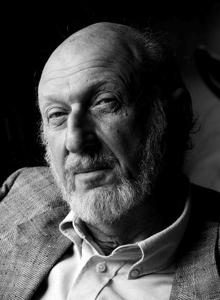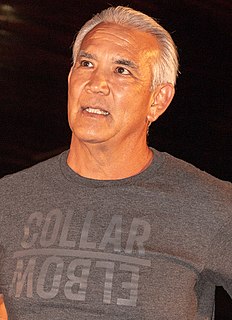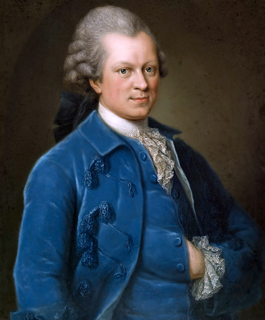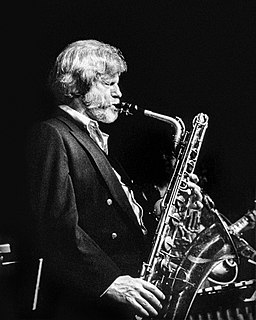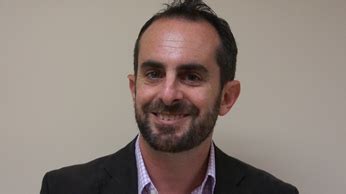A Quote by Duke Ellington
In music, as you develop a theme or musical idea, there are many points at which directions must be decided, and at any time I was in the throes of debate with myself, harmonically or melodically, I would turn to Billy Strayhorn. We would talk, and then the whole world would come into focus. The steady hand of his good judgment pointed to the clear way that was fitting for us. He was not, as he was often referred to by many, my alter ego. Billy Strayhorn was my right arm, my left arm, all the eyes in the back of my head, my brainwaves in his head, and his in mine.
Quote Topics
Alter
Alter Ego
Any
Arm
Back
Billy
Clear
Come
Debate
Decided
Develop
Directions
Ego
Eyes
Fitting
Focus
Good
Good Judgment
Hand
Head
His
Idea
Judgment
Left
Many
Mine
Music
Musical
Must
Myself
Often
Pointed
Points
Referred
Right
Right Arm
Steady
Talk
Theme
Then
Time
Turn
Us
Way
Which
Whole
Whole World
World
Would
Related Quotes
An acquaintance of mine, a notary by profession, who, by perpetual writing, began first to complain of an excessive wariness of his whole right arm which could be removed by no medicines, and which was at last succeeded by a perfect palsy of the whole arm. . . . He learned to write with his left hand, which was soon thereafter seized with the same disorder.
If an optimist had his left arm chewed off by an alligator, he might say in a pleasant and hopeful voice, "Well this isn't too bad, I don't have a left arm anymore but at least nobody will ever ask me if I'm left-handed or right-handed," but most of us would say something more along the lines of, "Aaaaaa! My arm! My arm!"
We had an electronic head and arm for Threepio, and I manipulated the mechanism with a joystick. But it wasn't working. The propman said, 'Give me fifteen minutes.' We all went to get coffee, and when we came back, Threepio's head turned perfectly and his arm moved naturally. I looked up and realized that the prop man had a fishing pole with a fine nylon string attached to Threepio's arm. He had rigged another string around the head, which Chewbacca was holding. As Chewie moved his hands, Threepio's head turned!
Whenever two guys got together, you asked, 'What body part would you like to work?' In my case, it was the arm. Most guys wanted to feed me for that arm drag. We always believed in storytelling, so if I had the arm, the heel would get away for a moment - or heel his way away - and then I would get back to it.
I raise my left arm and twist my neck down to rip off the pill on my sleeve. Instead my teeth sink into flesh. I yank my head back in confusion to find myself looking into Peeta’s eyes, only now they hold my gaze. Blood runs from the teeth marks on the hand he clamped over my nightlock. “Let me go!” I snarl at him, trying to wrest my arm from his grasp. “I can’t,” he says.
The true value of man is not determined by his possession, supposed or real, of Truth, but rather by his sincere exertion to get to the Truth. It is not possession of Truth by which he extends his powers and in which his ever-growing perfectability is to be found. Possession makes one passive, indolent and proud. If God were to hold all Truth concealed in his right hand, and in his left only the steady and diligent drive for Truth, albeit with the proviso that I would always and forever err in the process, and to offer me the choice, I would with all humility take the left hand.
Jim had melodies as well as words. He didn't know how to play a chord on any instrument, but he had melodies in his head. To remember the lyrics he would think of melodies and then they would stay in his head. He had melodies and lyrics in his head, and he would sing them a cappella, and we would eke out the arrangements.
I let my head fall forward into his shoulder, breathing in his scent. "Now what do we do?" He's quiet for a while and I finally lean back to look him in the eyes. He appears conflicted by something and then he sets me down on the ground, lacing his fingers through mine. "Should we see where the wind takes us?" he asks. I stare at my hand in his and then look up at him. "That sounds good to me.
Billy covered his head with his blanket. He always covered his head when his mother came to see him in the mental ward - always got much sicker until she went away. It wasn’t that she was ugly, or had bad breath or a bad personality. She was a perfectly nice, standard-issue, brown-haired, white woman with a high school education. She upset Billy simply by being his mother. She made him feel embarrassed and ungrateful and weak because she had gone through so much trouble to give him life, and to keep that life going, and Billy didn’t really like life at all.
One particular aspect of Siddhartha’s revelation of the outside world has always struck me. Quite possibly he lived his first thirty years without any knowledge of number. How must he have felt, then, to see crowds of people mingling in the streets? Before that day he would not have believed that so many people existed in all the world. And what wonder it must have been to discover flocks of birds, and piles of stones, leaves on trees and blades of grass! To suddenly realise that, his whole life long, he had been kept at arm’s length from multiplicity.





